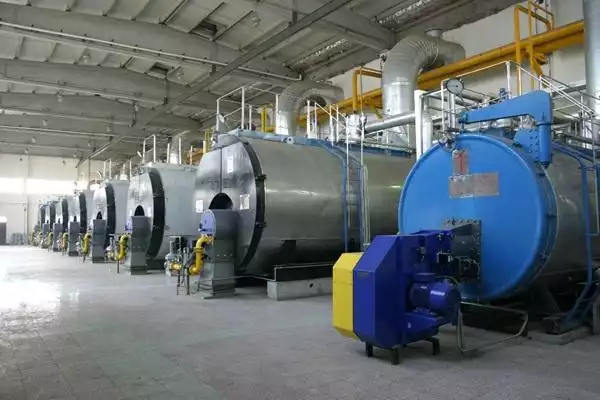
Fangkuai Boiler Introduces New Biomass Boilers >
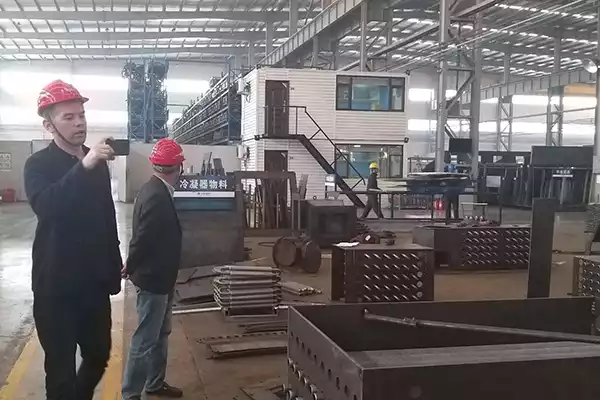
FangKuai ボイラー会社: Leading the Way in Energy-efficient Boiler Manufacturing >
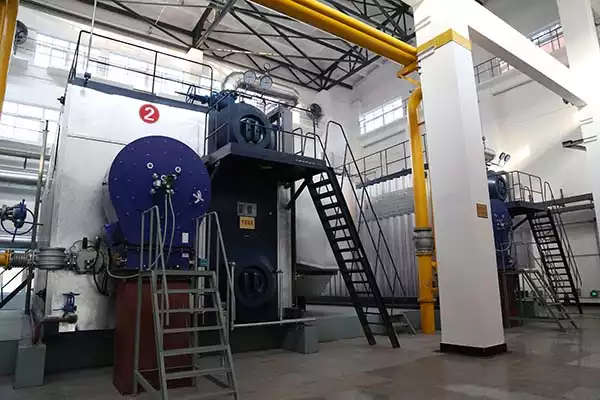
FangKuai Boiler Continues to Lead the Way in Energy-efficient Boiler Manufacturing >
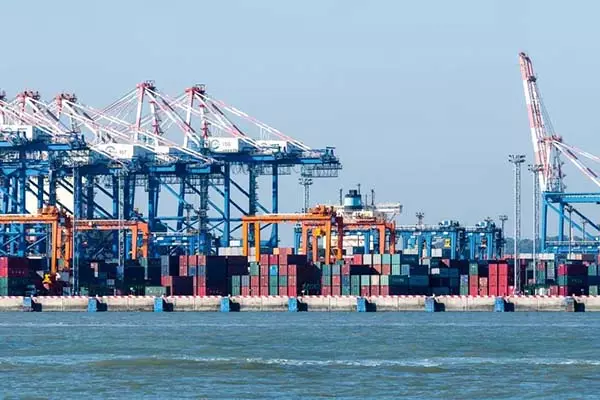
方厦ボイラー: A Stable Development in the Overseas Market >
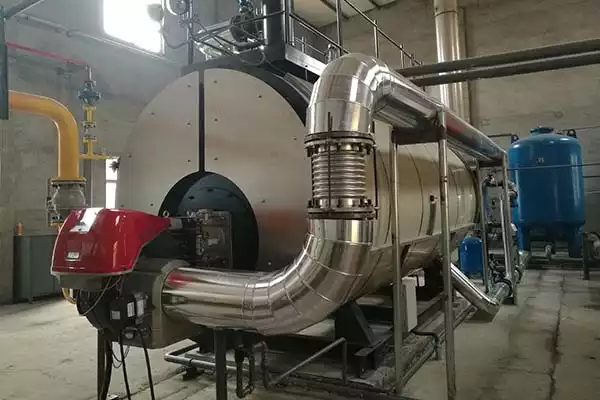
Boost Brewing Efficiency with Fangkuai Gas Boilers & Condensing Water Recovery >
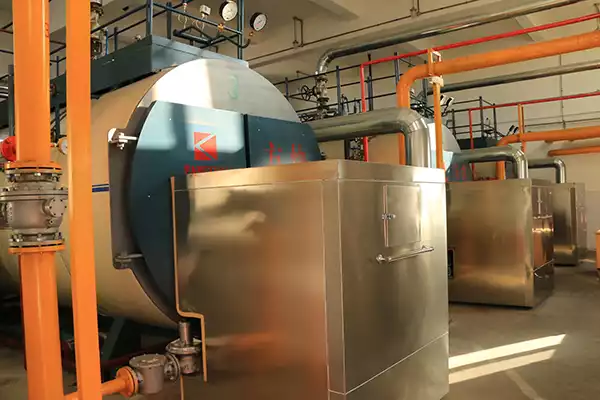
Empowering the Textile Industry in Bangladesh with Fangkuai Dual Fuel Boilers >
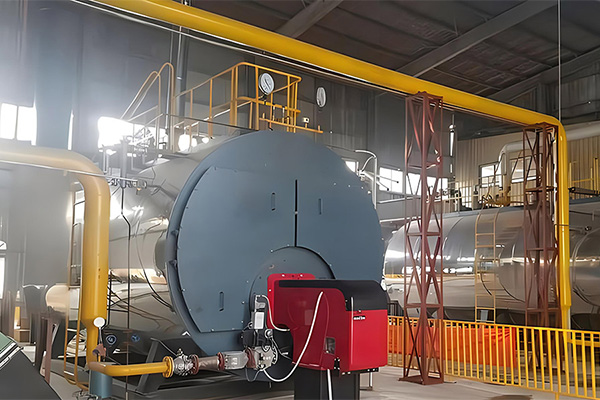
完全なガイド 2 中小規模工場向けトン工業用蒸気ボイラー. 学習アプリケーション, 燃料オプション, 効率, 利点, コスト要因, 適切なボイラーの選び方.
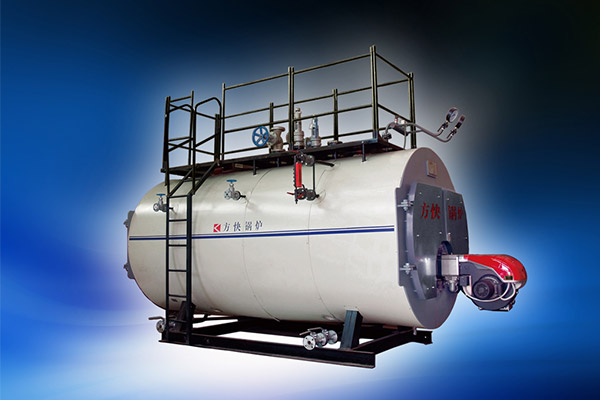
産業用完全ガイド 6 トン蒸気ボイラー, 動作原理を含む, 主な仕様, アプリケーション, 燃料オプション, 効率的要因, および運営コスト. 正しい選択方法を学ぶ 6 あなたの工場のトンボイラー.
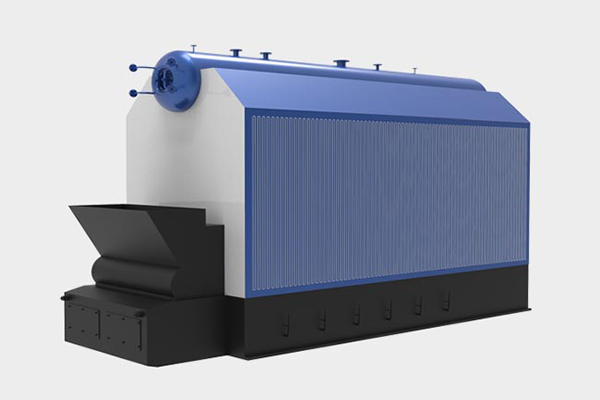
バイオマスボイラーの実際のコストを確認してください 2025, 設備価格も含めて, 設置料金, 燃料費, 投資回収期間, 総経費を削減するための専門家のヒント.
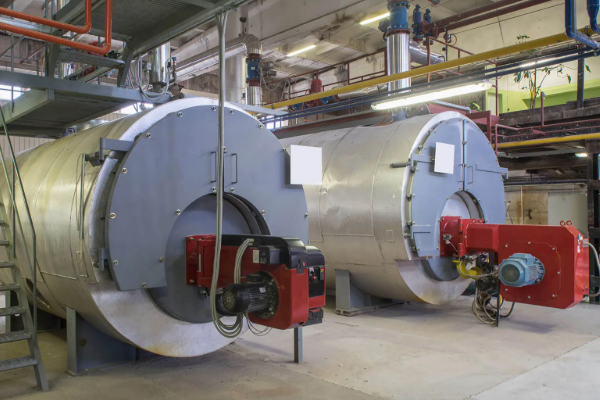
ガソリンがどれくらいの期間使用できるかを確認する, 電気, そして石油ボイラーは長持ちします. ボイラーの寿命に影響を与える主な要因を学ぶ, メンテナンスのヒント, どのタイプが最高の価値と耐久性を提供しますか.

廃油ボイラーがどのように暖房コストを削減し、環境への影響を軽減できるかをご覧ください。. 廃油バーナーの仕組みを学ぶ, 彼らの利点, 価格, およびインストールのヒントはこの完全なガイドに記載されています.
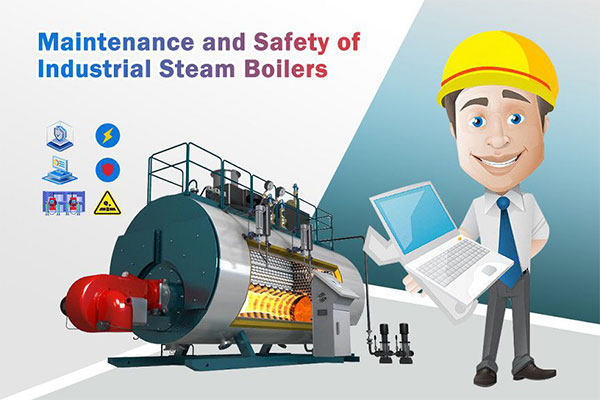
発見する 10 効率を高めるための蒸気ボイラーのメンテナンスに関する重要なヒント, 寿命を延ばす, 費用のかかる故障を防ぎます.

ボイラー システムは、多くの加熱および産業プロセスの中心です。. 住宅で使用されるかどうか, 商業ビル, または発電所, 熱と温水を効率的に供給する上で重要な役割を果たします。.
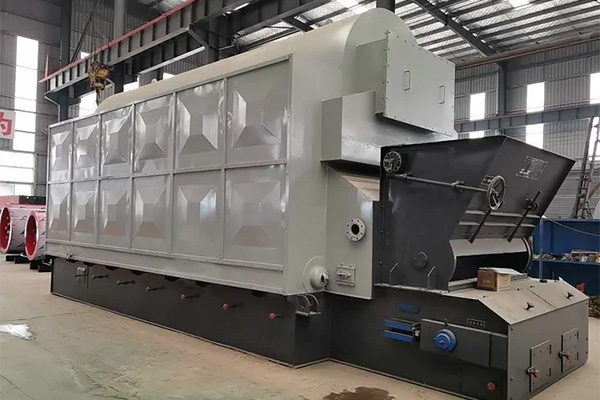
木材蒸気ボイラーがどのように機能するかを知る, 環境上の利点, 種類, 選択のヒント, 信頼できるメンテナンスと安全に関するアドバイス, 費用対効果の高い暖房.
ガスボイラー : 究極の FAQ ガイド
ガスボイラーのトラブルシューティング: Get answers to common gas boiler issues in this helpful Q&A page. ボイラーがオンにならないなどの問題の解決策を見つける, 温度を調整する, ガス漏れ, 点火不良, もっと. ガスボイラーをスムーズかつ効率的に稼働し続けるための専門家のアドバイスを見つけてください.オイルボイラー設置のステップバイステップガイド
石油ボイラーの設置に適した場所を選択してください, ボイラーのための十分なスペースを確保する, オイルタンク, 必要な配管と. メンテナンスのために簡単にアクセスできる場所である必要があります, 風通しの良い, 現地の建築基準法に準拠する.ガスボイラーの設置: 効率的な暖房のガイド
家庭用ガスボイラーの適切な設置方法を学びたい? 包括的なガスボイラー設置ガイドを提供します, インストールプロセスの詳細, 予防, そして安全を確保する方法. 専門的な設置から重要なメンテナンスまで, あなたの家の暖房をカバーします.蒸気ボイラーに水を加える方法?
蒸気ボイラーに水を加えるための重要な手順とテクニックを学びます。. 重要性を発見する, 安全対策, さまざまな方法, 蒸気ボイラーシステム内の最適な水位を維持するためのメンテナンスのヒント.7 蒸気ボイラーの掃除方法を説明する手順
ボイラー システムを効果的にフラッシュするための重要な手順とテクニックを学びます。. 重要性を学ぶ, 安全対策, さまざまな方法, ボイラーの最適な性能を維持するためのメンテナンスのヒント.蒸気ボイラーの水位が高すぎる: 原因, 効果と解決策
蒸気ボイラー内の水位が高いと、蒸気ラインへの水のキャリーオーバーが発生する可能性があるため、憂慮すべき問題となる可能性があります。, ボイラーシステムの効率と安全性に影響を与える. この問題にはいくつかの考えられる理由と、それに対処するために実行できる手順があります。:蒸気ボイラーが作動しない原因と解決策
蒸気ボイラーは時々動作を停止します, それは生産に大きな不便をもたらします. それで, 蒸気ボイラーが機能していない理由は何ですか? どうすればこの問題を解決できますか? 次, 一緒に議論しましょう.ガスボイラーの熱ムラを避ける方法?
ガスボイラーの熱ムラとは、同一伝熱面管群内で熱負荷が不均一になる現象を指します。.
Ⅴiew お客様のレビュー
"Fangkuaiの温水ボイラーの品質に非常に感銘を受けています. 長持ちするように作られており、私の期待を上回りました. インストールプロセスも非常にスムーズで、カスタマーサービスは優れていました. 温水ボイラーは操作とメンテナンスが非常に簡単です, そしてエネルギー効率は驚くべきものです. Fangkuai の温水ボイラーを強くお勧めします。"
ジャック
オーストラリア"工場用に Fangkuai 蒸気ボイラーを購入しましたが、もう何か月も問題なく動作しています。. 材料の品質とボイラーの構造は印象的です. また、非常にエネルギー効率が良い, これにより、光熱費を節約できました. Fangkuai の製品は、信頼性が高く効率的な暖房ソリューションを必要としているすべての人に強くお勧めします。"
ジョン
アメリカ合衆国"Fangkuai の温水ボイラーは素晴らしい. すばやく効率的に加熱します, そしてお湯が長時間沸く. 問題が発生したことは一度もなく、日常業務が大幅に改善されました. インストールプロセスも非常にスムーズで、カスタマーサービスは優れていました. Fangkuai の温水ボイラーを強くお勧めします。"
サラ
カナダ"Fangkuai の補助装置のおかげでボイラー システムがさらに良くなりました. 機器の品質は非常に優れており、価格は非常にリーズナブルです. この装置はボイラー システムの効率とパフォーマンスの向上に役立ちました, これは大幅なコスト削減につながりました. 高品質のボイラー付属品が必要な方には、Fangkuai の補助機器を強くお勧めします。"
マリク
イギリス"Fangkuai の顧客サービスは一流です. 彼らは私のニーズに最適なボイラーを選択するのを手伝ってくれ、プロセス全体を通して素晴らしいサポートを提供してくれました. 設置プロセスも非常にスムーズで、ボイラーは私の期待を上回りました. 使用とメンテナンスが非常に簡単です, そしてエネルギー効率は驚くべきものです. Fangkuai の製品は、信頼性が高く効率的な暖房ソリューションを必要としているすべての人に強くお勧めします。"
ファン
メキシコ"Fangkuai の蒸気発生器は私の中小企業に最適です. 非常に使いやすく、メンテナンスも最小限で済みます. また、非常にエネルギー効率が良い, これにより、光熱費を節約できました. Fangkuaiの顧客サービスも優れています. 彼らは非常に反応がよく、いつでも喜んで助けてくれます. Fangkuai の蒸気発生器を強くお勧めします。"
アーメド
エジプト"工場用に Fangkuai 蒸気ボイラーを購入しましたが、もう何か月も問題なく動作しています。. 材料の品質とボイラーの構造は印象的です. また、非常にエネルギー効率が良い, これにより、光熱費を節約できました. Fangkuai の製品は、信頼性が高く効率的な暖房ソリューションを必要としているすべての人に強くお勧めします。"
ジョン
アメリカ合衆国"Fangkuai の補助装置のおかげでボイラー システムがさらに良くなりました. 機器の品質は非常に優れており、価格は非常にリーズナブルです. この装置はボイラー システムの効率とパフォーマンスの向上に役立ちました, これは大幅なコスト削減につながりました. 高品質のボイラー付属品が必要な方には、Fangkuai の補助機器を強くお勧めします。"
マリク
イギリス"Fangkuaiの温水ボイラーの品質に非常に感銘を受けています. 長持ちするように作られており、私の期待を上回りました. インストールプロセスも非常にスムーズで、カスタマーサービスは優れていました. 温水ボイラーは操作とメンテナンスが非常に簡単です, そしてエネルギー効率は驚くべきものです. Fangkuai の温水ボイラーを強くお勧めします。"
ジャック
オーストラリア